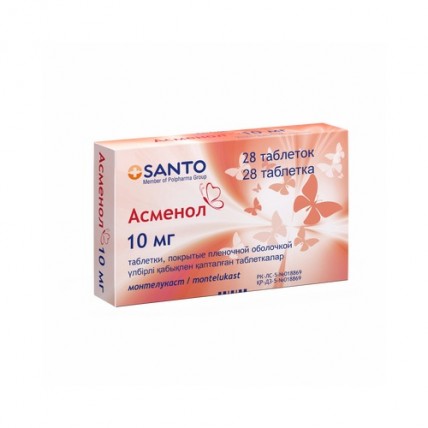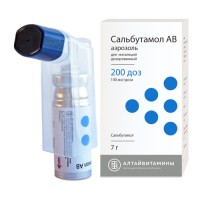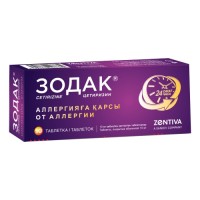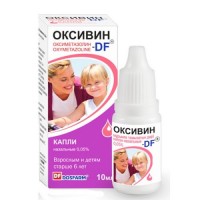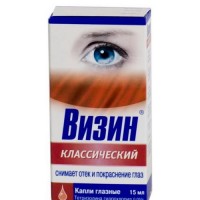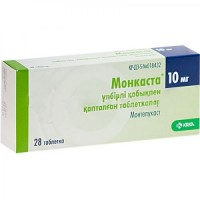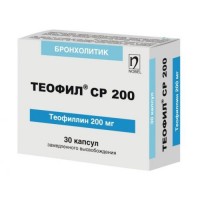Asmenol (Montelukast) 10 mg, 28 tablets
- $32.00
What is Asmenol (Montelukast) 10 mg?
Asmenol contains Montelukast, a medication that belongs to a class of drugs called leukotriene receptor antagonists. These are used to manage asthma and symptoms of allergic rhinitis (commonly known as hay fever). Each tablet is film-coated and contains 10 mg of Montelukast. This active ingredient works by blocking leukotrienes—chemicals in the body that cause inflammation and constriction of the airways, which can lead to asthma symptoms and allergic reactions. By reducing inflammation, Asmenol helps improve breathing and control symptoms associated with asthma and allergies.
How does Asmenol help with asthma?
Asmenol is particularly effective as an add-on therapy for patients with mild to moderate persistent asthma, especially when inhaled corticosteroids and short-acting beta-agonists do not provide sufficient asthma control. Montelukast helps reduce the frequency and severity of asthma attacks by preventing bronchoconstriction (narrowing of the airways) and inflammation.
In addition to treating asthma, Asmenol can help relieve symptoms of seasonal allergic rhinitis, such as sneezing, a runny nose, or itchy eyes. It is also useful for preventing exercise-induced bronchospasm, making it easier to breathe during physical activity by relaxing and widening the airways.
Who should not take Asmenol?
There are certain conditions where Asmenol should be avoided:
- Allergic reactions: If you have a known allergy to Montelukast or any of the ingredients in Asmenol, you should not take this medication as it could cause severe allergic reactions, including rash, swelling, or difficulty breathing.
- Children under 15 years old: Asmenol is not recommended for children younger than 15 due to insufficient safety and efficacy data for this age group. There are other forms and doses of Montelukast that may be more suitable for younger children.
- Fructose intolerance: People with hereditary fructose intolerance, a rare genetic condition, or those with lactase deficiency or glucose-galactose malabsorption should avoid Asmenol, as the excipients (inactive ingredients) in the tablet may worsen their condition.
How should Asmenol be taken?
For adults and children aged 15 years or older, the typical dosage is one 10 mg tablet taken once daily, usually in the evening. The evening dose helps control asthma symptoms that tend to worsen at night or early in the morning.
You can take Asmenol with or without food, which makes it convenient to incorporate into your daily routine. It is essential to continue taking the medication even when symptoms improve, as stopping it prematurely could lead to a worsening of asthma or allergy symptoms.
Asmenol should not replace inhaled corticosteroids in patients who are already using them, as it is meant to complement existing asthma treatments.
Can Asmenol be taken during pregnancy or breastfeeding?
Limited data suggest that taking Montelukast during pregnancy does not pose a significant risk of birth defects. However, Asmenol should be used during pregnancy only when clearly needed and under the supervision of a healthcare professional. Pregnant women with asthma must continue to manage their symptoms, as uncontrolled asthma can harm both the mother and the baby.
As for breastfeeding, it is not known whether Montelukast or its metabolites pass into breast milk. Therefore, Asmenol should be used with caution, and only when the benefits to the mother outweigh the potential risks to the infant. Always consult a healthcare provider before using this medication while breastfeeding.
What should I do if I miss a dose?
If you forget to take your daily dose of Asmenol, try to take it as soon as you remember. However, if it’s close to the time for your next dose, skip the missed dose and continue with your regular schedule. Do not take a double dose to make up for the missed one, as this may increase the risk of side effects.
What are the possible side effects?
Asmenol is generally well-tolerated, but like any medication, it can cause side effects. The most common side effects include:
- Upper respiratory infections, such as the common cold.
- Headaches, which are usually mild.
- Stomach issues, including abdominal pain, nausea, vomiting, or diarrhea.
Other, less common side effects may include:
- Allergic reactions, such as rash or swelling.
- Mood changes or neuropsychiatric events, such as anxiety, depression, agitation, or trouble sleeping. In rare cases, patients have reported vivid dreams or thoughts of self-harm, so it’s important to monitor mood changes and report them to a healthcare provider.
How should Asmenol be stored?
Asmenol should be stored in a cool, dry place, at temperatures below 25°C (77°F). Keep the medication in its original packaging to protect it from moisture and light. Ensure that it is stored out of the reach of children, as accidental ingestion can be harmful. Always check the expiration date and avoid using the medication after it has expired.
